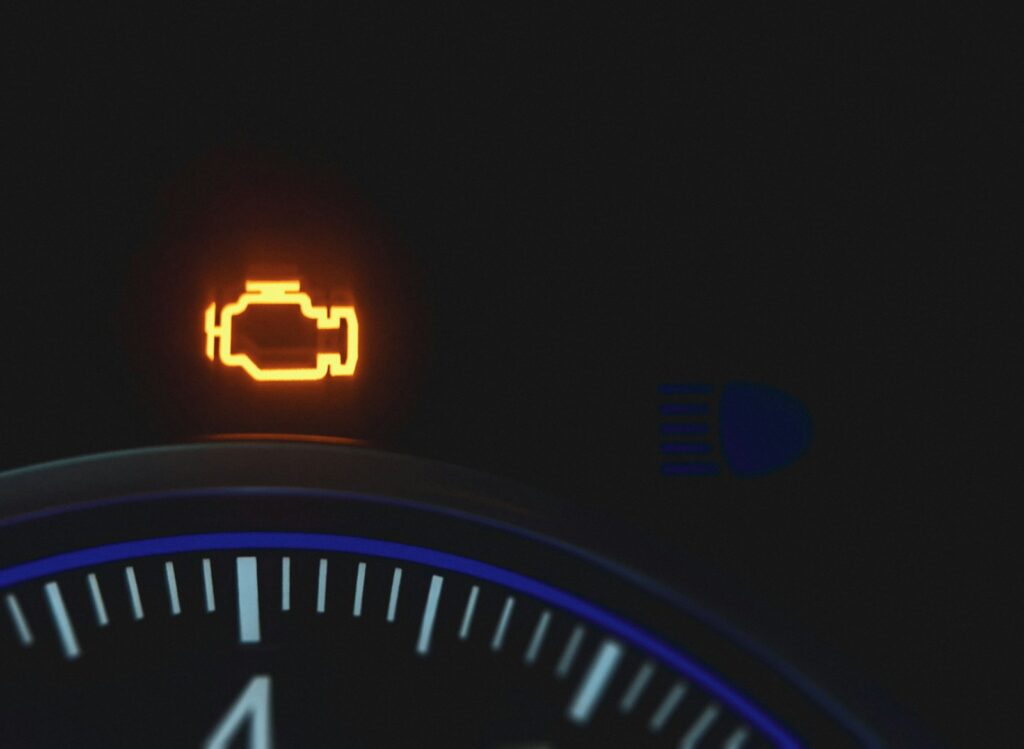It’s autumn here in Salem. Students have been back at school for about a month, settling into new routines—and new stresses. Leaves are turning and beginning to drop from the trees. There’s a chill in the air, a reminder that we’re approaching a darker, colder time of year.
Times of transition, including seasonal transitions, can stir up stress for anyone. Even if the drizzly weather of a Willamette Valley winter appeals to you, you might still find yourself stumbling and slipping as the rhythms of life change. Maybe you’re finding yourself snippier with your family or friends. Maybe it’s getting harder to get out of bed. Maybe you’ve noticed yourself falling back on those old habits you’re not proud of.
And yet, when we’re faced with “minor” points of friction like this, we can get caught in a pattern of minimizing. Like the person who refuses to see a doctor for a slowly growing rash, we might tell ourselves something like “It’s not that bad,” or “I should be able to handle this.” We might even worry that by asking for professional help, we’re taking resources away from people “who really need it”.
Just how do you know when it’s bad enough to ask for help?

Lines in the Sand
This blog post would be over right now if there was a definitive answer to that question. “It is acceptable to ask for help if your depression ranks at exactly 4.53 points or higher on a standard measure for at least two weeks; or if you are spending precisely 63 minutes or more worrying each day.” Problem solved, right? Piece of cake!
But, of course, no such thing exists. I don’t have a rigid, objective answer like that.
You probably know that, right? And yet, many people often find that despite knowing this with their rational mind, they nevertheless yearn for the simplicity of a clear, objective answer like that. They want something that declares, with the authority of a rubber stamp at the post office, that—ka-chunk!—their issues are Official, Real, and Bad Enough.
We can end up craving external validation like this because we have come to believe that our own subjective experience doesn’t count. Maybe we were told for years that we were “too much”. Maybe we’ve struggled with anxiety for so long that we assume, by default, that our thoughts are wrong. Maybe in the environment we grew up in, we were dismissed and disregarded. Or maybe we just grew up in a culture that prioritizes individualism and “pulling yourself up by your bootstraps” and treats emotional and mental health as trivialities.
Whatever the reason, the result is often the same: we find ourselves suffering, feeling crummy, irritable, anxious, or depressed, at exactly the same time as we’re locked in the worst kind of debate-team argument with our mind about whether those feelings are even valid if they don’t have the Official Seal of Realness.
That looks like a dead end to me. We’ll never be able to objectively determine if what you’re going through is “bad enough” to be worthy of others’ care and compassion, and doing so on those terms is likely just going to leave us feeling more miserable. So let’s back up and get ourselves out of this mess.
Let’s find a more workable way to approach the question of when to seek help.

Your Happiness Matters
Without a universal glowing line to tell you when your experiences “officially qualify” for compassion and care, we’re left with something a lot murkier and more meaningful: the subjective. Here, there are no absolute answers, only our own personal judgments, rooted in what’s important to us.
Like it or not, we all experience the world subjectively. Your experience and perspective are different from mine. What you care about, and by extension, the things that make up your idea of a “good life”, are personal.
Evaluating our choices subjectively instead of objectively means throwing away absolutist questions like “Does this count?” or “Is this good?”, and instead taking an approach rooted in your personal values. That usually means questions like:
- What’s important to me?
- How are my choices affecting my ability to live the life I want?
- How’s this choice working for me?
- What other options are there? What would they cost? What might I gain?
These can help us start to reframe the question. Rather than the yes-no binary of “Am I hurting enough?”, you might ask yourself what this current situation is costing you, or how it’s pulling you away from the things you care about. This way, your problems don’t become valid by measuring up to an external standard—instead, we take it as a given that anything that’s bothering you is worthy of your consideration, because your happiness matters.
Now, don’t get me wrong! Allowing your own happiness and personal values to matter does not require you to become an impatient hedonist who flees the moment the going gets tough. You don’t have to seek support as soon as you are mildly inconvenienced. But that choice can be a deliberate one. You, and nobody else, get to decide when the hard times you’re going through are “bad enough”. If dealing with these issues, no matter how “minor” they might seem to others, is causing you to be a version of yourself you don’t like, that matters.
In other, circular words, It’s a problem for you when it’s a problem for you.

Tune-ups Prevent Breakdowns
Confession time: I don’t like scheduling oil changes for my car. I see the odometer ticking closer and closer to the number on the sticker, and I know the responsible thing to do is to call my mechanic, but damned if I don’t wait until I’ve passed the threshold, and probably driven an additional couple of weeks, before I finally kick myself into gear and make the call. I would much rather keep driving without disrupting my comfortable routine.
But preventative maintenance is called “preventative” because it’s staving off something much worse. I’m not a car guy, but I’m pretty sure driving a car with no engine oil is bad-bad. Like damage-the-entire-engine-bad. If I go too long without getting the oil changed, I might not just pay for the new oil—I might be paying for a completely new engine.
And the same principle can apply to therapy. You do not have to be mid- or post-catastrophe to come to therapy! Waiting until your life is collapsing around you, or you’re in the middle of a breakdown, can actually make it harder to recover, because you’re running on fumes and have so much less to give.
Contrary to what some of us learned, you don’t have to be on your last legs to be worthy of care and help. Life doesn’t have to be that harsh.
If you’re struggling right now and want new perspectives, ideas, or just some personal support, that’s enough reason to ask for help. Even if you haven’t exhausted every other option yet. Even if your brain tells you “it could be worse”. And if you, like so many of my clients, have a habit of putting yourself last, then simply allowing yourself to ask for help can be a transformative step toward a more satisfying, self-compassionate life.
Like what you’ve read here and think we might work well together?

